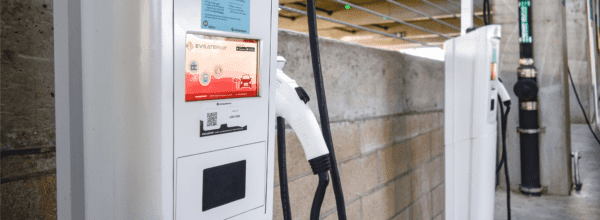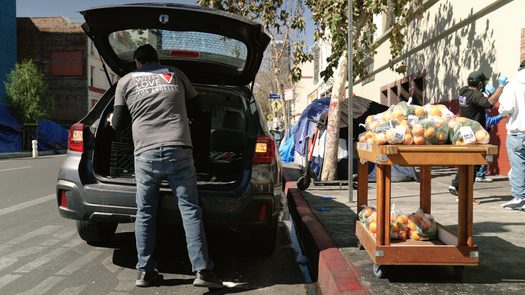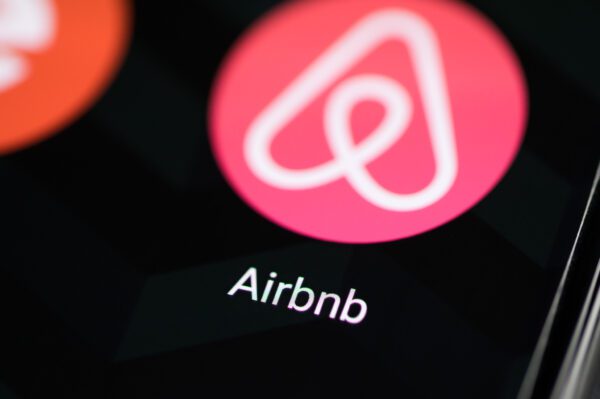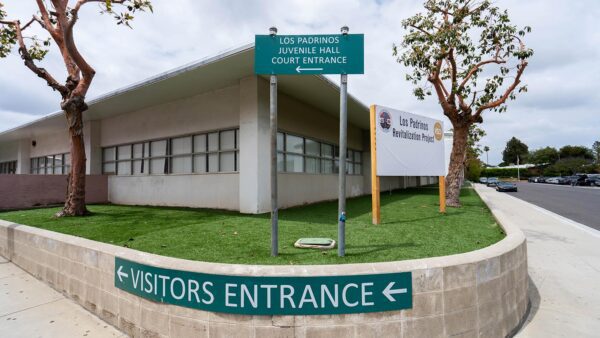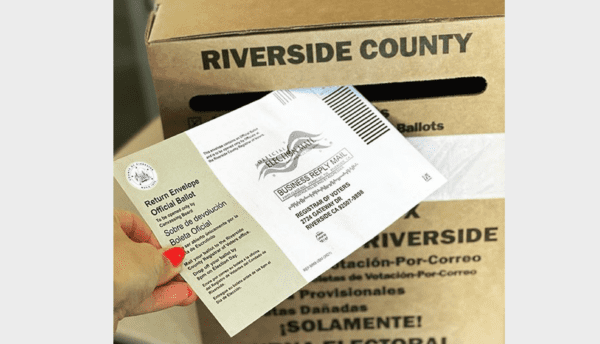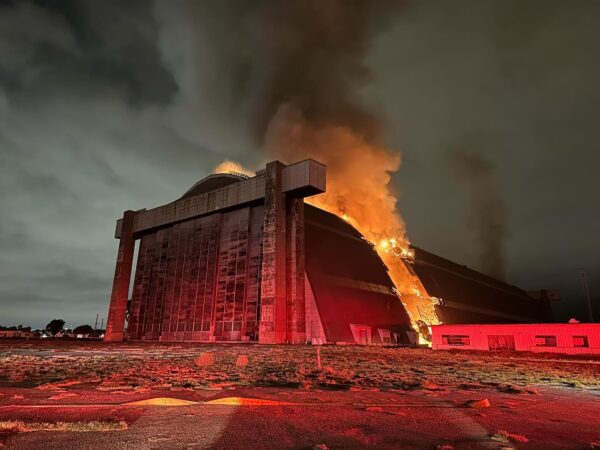In an effort to stave off the environmental consequences of climate change caused by global warming, cities nationwide are investing in sustainable energy infrastructure. From EV charging and solar-powered city facilities in the near future to drought-tolerant landscaping and “excess usage” fees for water, Monrovia is engaged in a number of sustainability efforts.
“Monrovia has certainly experienced our fair share of climate-driven disasters,” City Manager Dylan Feik told Monrovia Weekly via email. “Wildfire on our hillsides, flooding in our parks, and windstorms knocking down our trees and utility lines….it’s become a seemingly endless concern of mine and I feel that every day, something could happen.”
Feik provided a list of the city’s current sustainability projects:
Clean Power Alliance
In December 2022 Monrovia became a member of the Clean Power Alliance and by spring 2024, the city’s electricity customers will have the option of getting their electricity from 100% renewable sources.
“Clean Power Alliance fills the wires with electricity from renewable energy sources, and Southern California Edison delivers it to our homes and businesses,” according to the city’s website. “SCE still owns and reads your electric meter, sends your monthly bill, and provides the same maintenance and other repair services they always have. The only thing that has changed is the electric generation services with your choice of 40%, 50%, or 100% renewable energy content at competitive rates.”
According to the city, a typical Edison residential bill totals $192. “Lean Power” from 40% renewable energy sources costs $188, which is 2% less than the base rate. “Clean Power,” which is from 50% renewable sources, costs $190 or 1% less than the base. And “100% Green Power” totals $197, 3% higher than the typical bill.
More information on the CPA is available on the city’s website.
Excess water usage penalty
Monrovia imposed an “Excess Usage Penalty” for water users who surpass a conservation target. Revenue from the penalty fees are used to finance grass and lawn removal projects up to $4 per square foot.
“We’ve found that for every project that removes turf, water consumption is down nearly 60%,” Feik said.
EV chargers
The city is installing EV chargers at public facilities, including 12 in 2022. Four are available publicly, and another round of EV chargers is forthcoming at the offices of the Upper San Gabriel Valley Municipal Water District, located at 248 E Foothill Blvd.
“We hope to find more partners to install more EV chargers in the future,” Feik said.
Streetlights
“We’ve done a lot of research related to retrofitting our City streetlights from high-pressure sodium bulbs to LEDs,” according to Feik. “There are over 3,000 streetlights in Monrovia and about 40% are owned by the City, the remaining by Edison. We hope to begin swapping these out in the near future.”
Electric vehicles
The city purchased seven electric vehicles in 2022 and this year “opted for hybrid and/or more fuel efficient gas-powered vehicles to ensure emergency response capabilities were not negatively impacted,” Feik said. “So even though we may be replacing older gas-powered vehicles with new gas-powered vehicles, the fuel economy is significantly improved.”
Solar panels
Monrovia is working to install solar panels at public facilities to help offset energy demand/costs for municipal operations.
“We’re still a ways out but expect this discussion to happen in 2024,” Feik said.
“The ‘one size fits all’ approach is not what we have in mind,” Feik said. “I don’t think it would be wise to purchase only electric vehicles. What happens when we have a power outage? If we remove all of our grass lawns from public parks, we won’t have park areas to use for youth sports, special events or community gatherings.
“I think we can do it all if we plan a little better,” Feik said. “We can remove grass and buy electric vehicles while also having smarter grassy ballfields and high-efficiency vehicles.”

